Why The GOP Is No Longer A Real Political Party
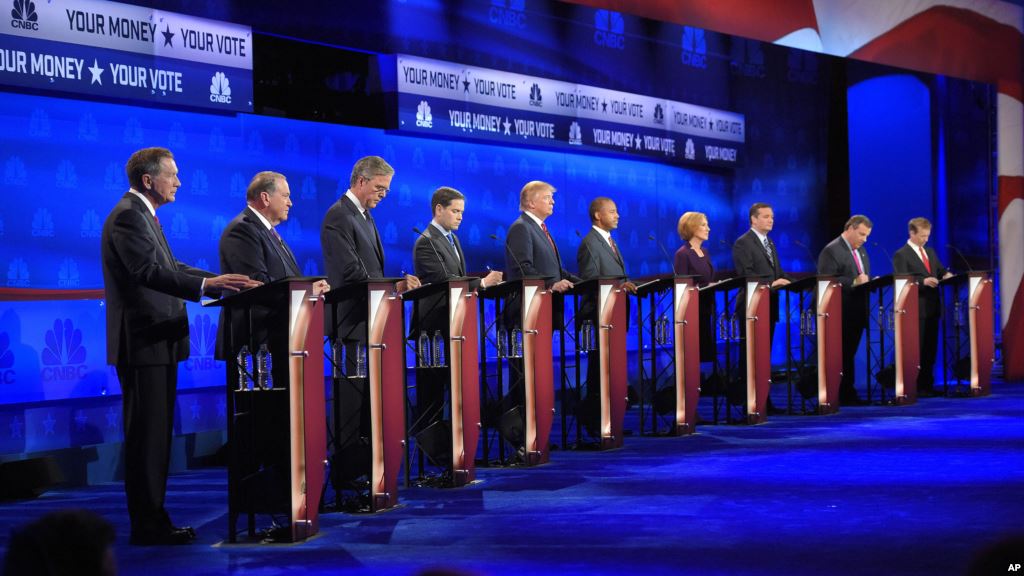
The Founding Fathers may have warned us about the dangers of factions, but their concern was naive and ultimately untenable because, fundamentally, political parties are vital to democracy. After all, de facto political parties had already sprung up even before America was a legitimately established country regarding whether or not to ratify the Constitution. Even our vestal Founders could not resist the natural tendency of political coalition building. It’s just how democracy works. The nation’s elected legislators and president work together to pass Congressional bills into law by debating a simple decision: to do or to not do what is written on a piece of paper.
Like all choices in government, though, there are wide-reaching effects. Every bill that is voted on by Congress in some way picks winners or losers, and with every possible action or inaction, the government shapes different groups’ political power based on how the government distributes resources and money. Thus, political parties develop as various interest groups try to affect this decision-making process.
For modern democracies, however, modern America’s strictly bi-party system is a peculiar one. Political power in our government is determined by winner-take-all elections in which fifty-percent plus one vote will win an election. This essentially funnels American politics into a two-party rivalry in which both halves of the political spectrum fight eternally for the exact median voter.
In order to compete for this vote both parties must be as close to polar opposites of each other as possible, and whichever party is a hair closer to the political center tends to win the election. This encourages both parties to either exist at the political center, or to remain equidistant in their own respective wings of the political spectrum.
To gain ground in this ideological stalemate, political parties must exert control over their members to carefully maintain or improve voters’ perception of the party’s brand. This is done by determining who gets to run for national office, and the decision is made by balancing general electability with inter-party support. A party’s selection of the presidential nominee is a very complicated and serious process, and typically the field of a party’s presidential candidates is made up of well connected and liked governors and senators who the party can trust to be its representatives.
This protection of the party’s image and platform is especially important within our bi-party system because our polarized parties compete in a zero-sum game. If one party loses a vote the other party typically gains that vote. As a result, parties normally have a motivated self-interest to police themselves ideologically, and this helps prevent any deviation toward radicalism. Far-right or far-left politics, in theory, take either the Republican Party or the Democratic Party, respectively, off the electable cliff.
Donald Trump certainly is wrestling this hypothesis, but the GOP is enabling him by remaining both unwilling and unable to successfully knock him off-course for the nomination. As the party apparatus unravels over a candidate it does not want yet cannot defeat, the Republican Party is self-destructing by neither committing to Trump nor going nuclear and kicking him out of their debates.
Trump, and Ted Cruz to a lesser degree as he is not well liked, prove that a Republican candidate no longer has to put in the time working up the ranks within the political organization or even put the interests of the party above the ambitions of the individual. The typical path toward political power is a slow and steady slog, but all Trump and Cruz have had to do is stir up treasonous mobs.
Their strategy is blackmail, and perhaps never before has a party-affiliated candidate won a primary by railing against the party’s leaders and even the party’s voters. Loyalty to the GOP is no longer relevant to the Republican primary. Trump is, of course, a daily cornucopia of insults directed at the GOP and anything else that wanders into his head as he speaks, and Cruz compares the Republican establishment to a murderous drug cartel. Karmically, Trump and Cruz appear to have hit electoral ceilings throughout these first primaries—with Trump at one-third of the Republican vote and Cruz at one-fourth—but that may be enough to carry them both to a brokered convention.
However, while it may be a delightful instance of schadenfreude watching the Republican Party implode and horrify general election voters, it is severely harming America’s political system. While the Republican presidential nominee will likely lose in an Obama-esque landslide—at the very least—come November, Republicans may retain control over one or both houses of Congress. Even more troubling for governmental functionality is that Republicans throughout the nation at the local and state levels are either paralyzed by a voter base demanding irrationality, or are actively encouraging the irrationality themselves.
Say what you will about the 2008 and 2012 elections, but at least the Republican establishment still had control over its presidential nomination process. Their irresponsible total war strategy of existential obstruction may have undemocratically wrestled control of the House in 2010 and then the Senate in 2014, but it sure has backfired now. And yet, to Republicans today in 2016, these Obama-era, Party of No Republicans are STILL somehow too liberal! Republicans have proven throughout that they have no desire to govern or participate in legislative compromise, and their irresponsible politicking has led to Trump and Cruz’s establishment terrorism.
It certainly does not help that right-wing talk radio and Fox News have tirelessly enraged the GOP’s base, and held moderate-minded conservatives hostage by a litmus test-enforcing conservative media with which the slightest hint of compromise with Democrats turns into a political death sentence. Trump and Cruz have merely capitalized on the conservative media’s hyper-partisan destruction of moderate conservatism in America.
The only hope is that Republicans lose big in 2016, and finally learn the lessons they identified following their big defeats in 2008 and 2012. The route back to presidential relevancy is in moderation, not conservative extremism. Republicans’ scorched-earth rampage through America’s political system must be stopped, and to do this Republicans must stop Ted Cruz’s and Donald Trump’s scorched-earth rampage through the Republican primary.

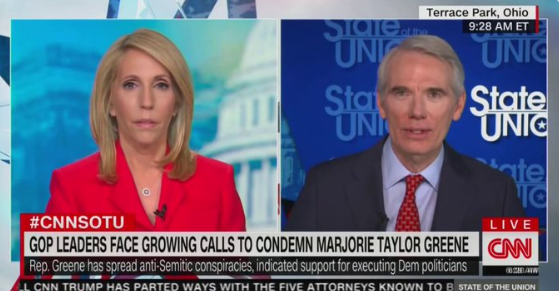

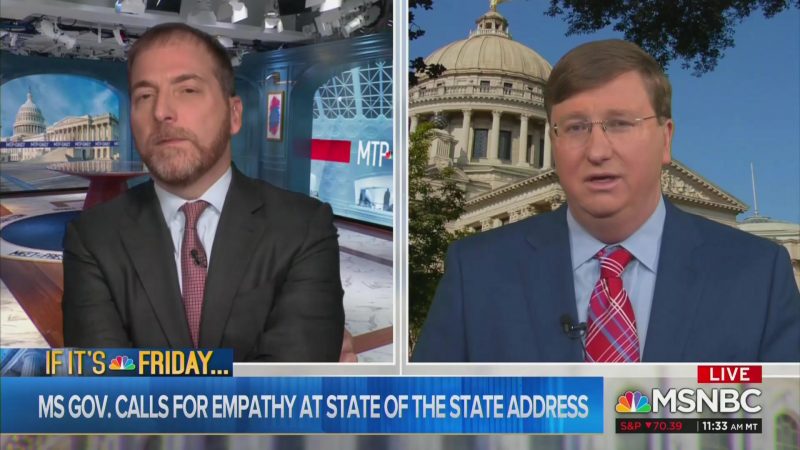
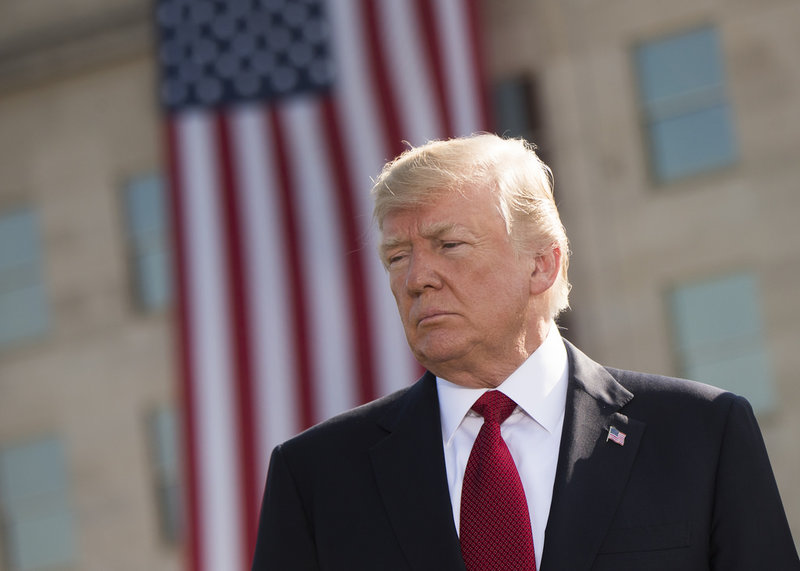

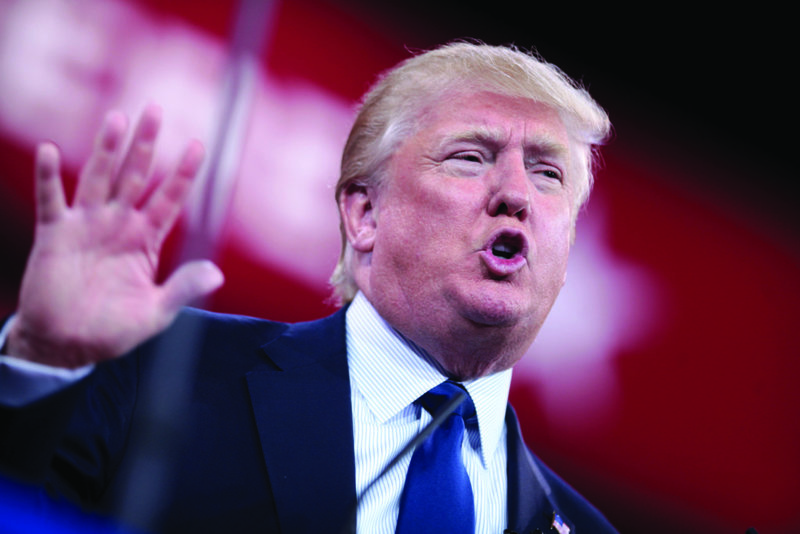
Excellent analysis! But you left out congressional district formation, which coincides with the census, and is decided by whichever party holds a majority every ten years. (Apologies that I cannot recall from which branch of govt. this applies.) the last two decades this majority has been held by the republicans, and they’ve been very busy gerrymandering them to isolate the extremes in their favor. The next census is in the year 2020.
Ah… The decisions of congressional redistricting are at the level of the state, and made by that state’s house of representatives. See this link which describes my point better than I’m able: http://newpopulationbomb.com/2012/11/30/is-this-a-democracy/
I’ve discussed gerrymandering extensively in other articles, and I try not to be overly repetitive with my articles’ themes. Gerrymandering is a big reason that the GOP sucks as a political party, and it benefits (at the expense of the American people and their democracy) because giant cities with massive proportions of the electorate can be crammed into a single district. It’s no surprise that areas filled with a lot of people and diversity tend to be liberal, and rural areas without much cultural diffusion tend to be conservative.
Thank you for your thoughtful response. I am new to your writing and site, and wasn’t aware of your past of covering this issue. I will read you as often as I’m able. Keep fighting the good fight! Best ~ Brian K